Did you know Japan has the most umbrellas per person, of any country in the world? For every person in Japan, there are 3.3 umbrellas.
At least three of them are mine, left outside shops and restaurants…
In 2011, I had just moved to Japan and I moved into my new flat on the outskirts of Nagoya city. At the weekends I'd head to Daiso, the 100-yen shop, to buy bits and pieces for my new flat.
One day, I left my umbrella in the stand outside the 100-yen shop. It was quite a nice umbrella - a neat little folding one, and it had been a present from my brother, so I went back to the shop the next day.
My little blue umbrella wasn't in the rack, so I asked at the till.
Read More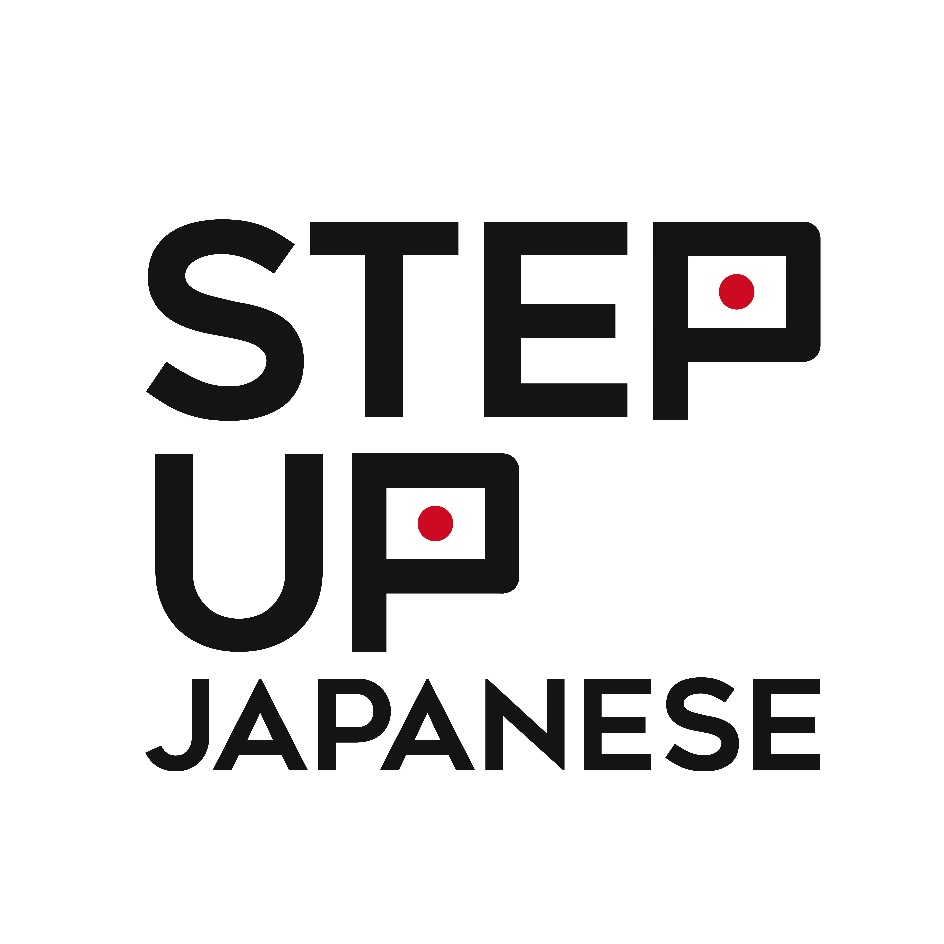

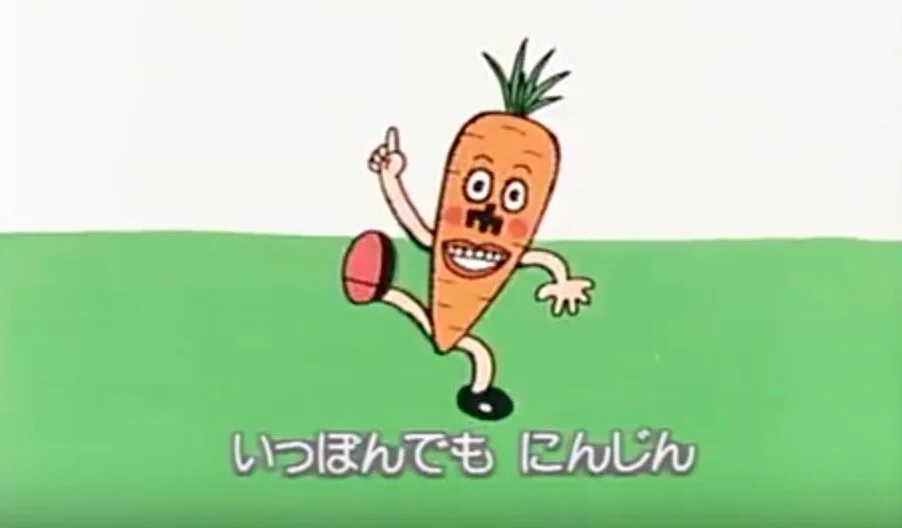









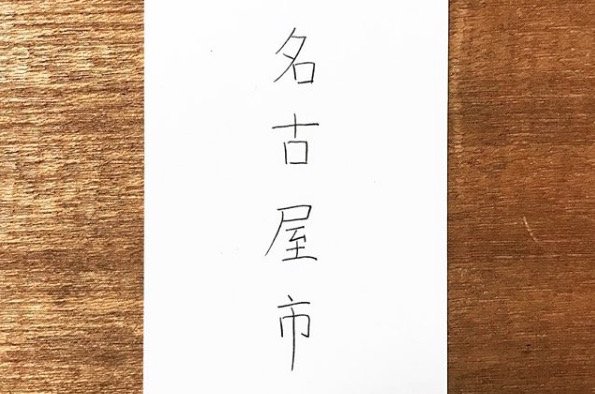

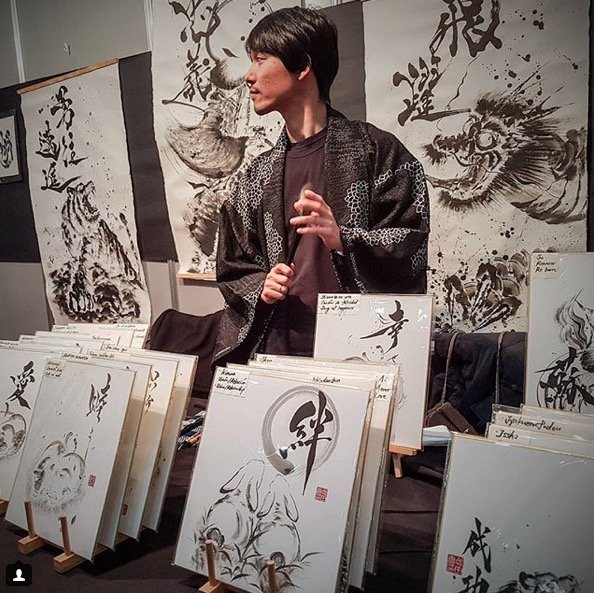
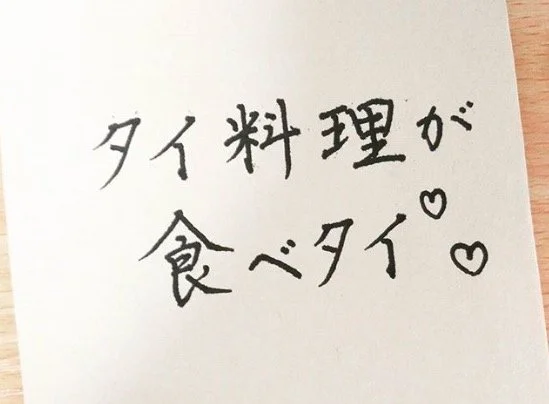
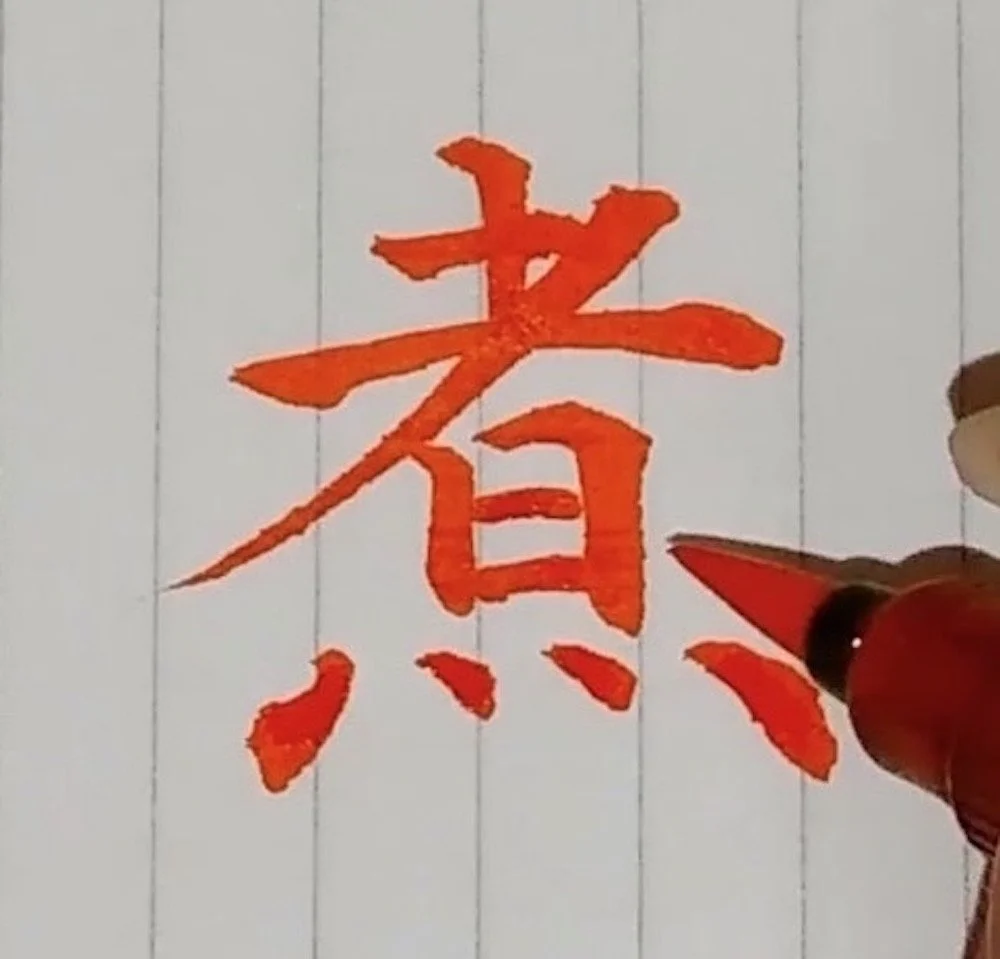
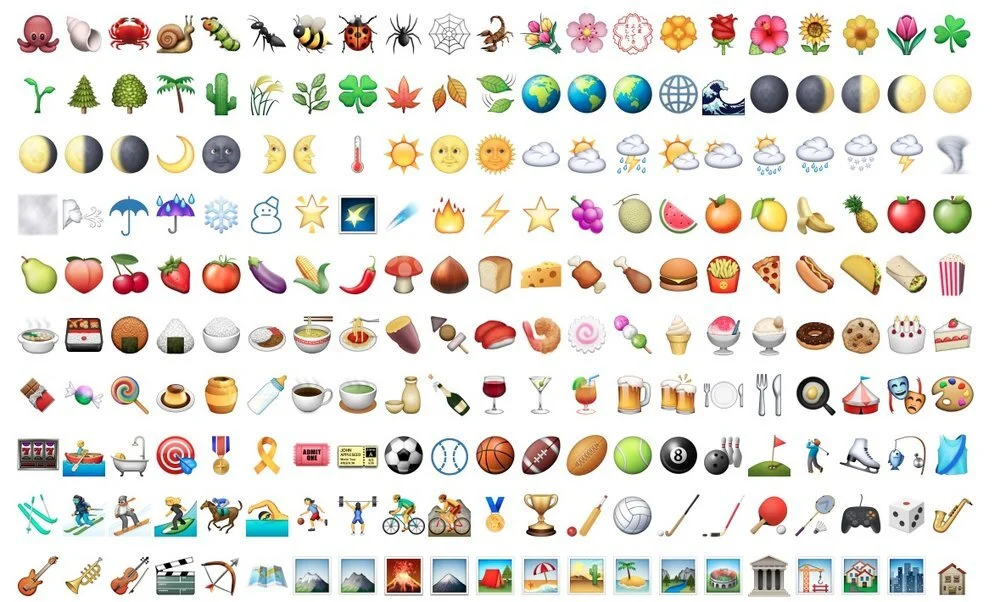



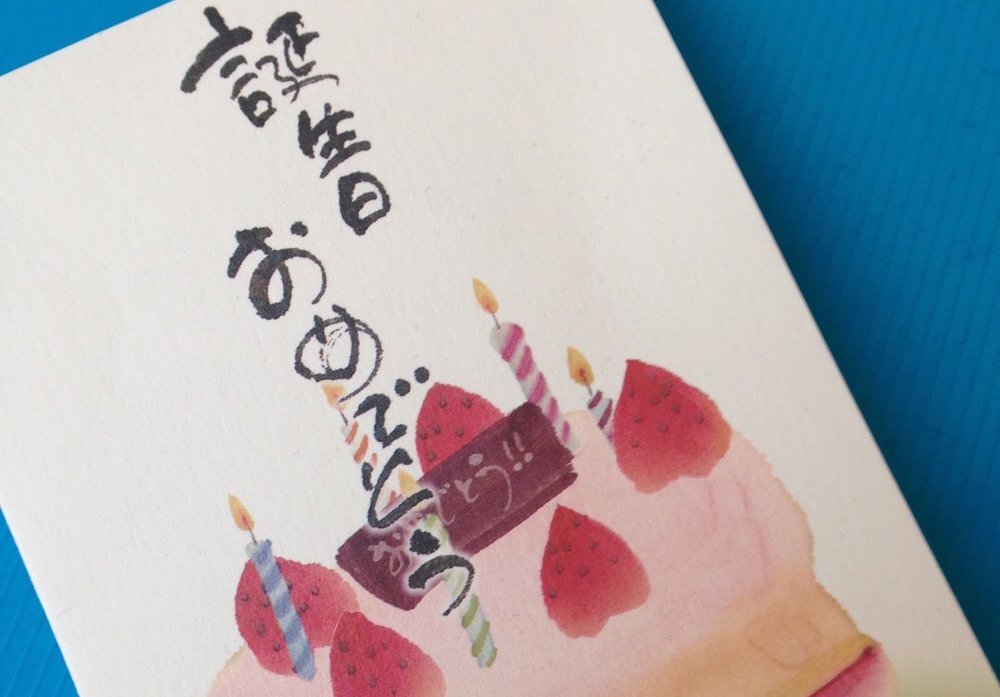









Like many people in the UK, I studied French in school. I liked French. I thought it was really fun to speak another language, to talk with people, and to try and listen to what was going on in a new country. (Still do!)
When I was 14 we went on a school exchange to the city of Reims, in northeastern France. I was paired with a boy, which I’m sure some 14-year-olds would find very exciting but which I found unbearably awkward. He was very sweet and we completely ignored each other.
That was nearly 20 years ago, and I didn’t learn or use any more French until, at some point in lockdown, I decided on a whim to take some one-to-one lessons with online teachers. Here are some things I learned about French, about language learning, and about myself.